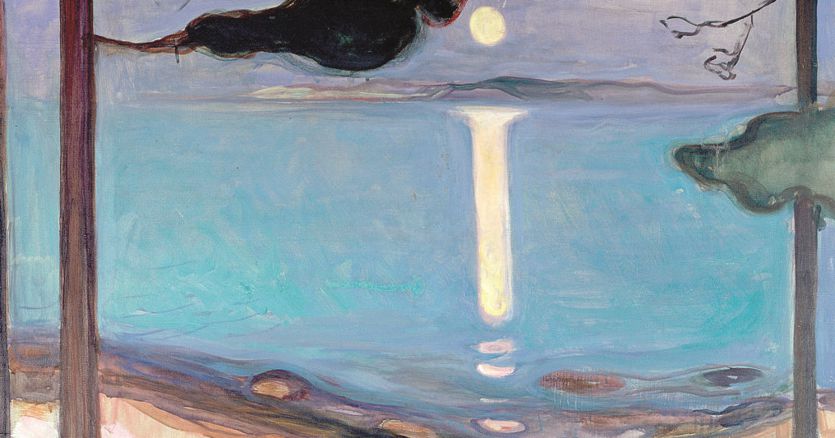Goodnight, because it is already day, and the midnight sun shines in the sky, which the helmsman shows to the few tourists who have just arrived at the North Cape aboard theHåkon Adalstein. The writer Karel Čapek and his wife are also on the boat, and this will be their last trip together. The Czech author, born in 1890 as a subject of the Austro-Hungarian Empire, works for newspapers and for the theater (in his drama R.U.R., Rossum’s universal robotsthe word appears for the first time robotfrom Czech job, “Hard work, forced labor”), does not disdain the form of the novel and dreams of the deep North captivated by the polar exploits of Roald Amundsen and Fridtjof Nansen. He leaves in 1936, when Europe is already a time bomb, amidst generalized rearmament and racist regurgitation, and tells himself in his Journey to the North.
The idyll of Northern Europe
They set off by train and Denmark is a first revelation: «small, sweet, pure country, where small fir trees line up in place of fences, like paper lace that some mommy has cut out for the cupboard». Čapek’s gaze is full of wonder and almost idyllic writing, as are the drawings, quick sketches – reproduced in the book – that he makes in his going. Farms, clearings, women and men on bicycles, not a speck of dirt or misery. Even in Sweden, where it does not get dark but the sky turns pale, order is consolation of the heart and everyone says goodbye: “it must not be a small thing if the traveler here feels more human and in control of himself than elsewhere in the world” .
Winds of war over Europe
Karel and his wife arrive in Stockholm, and then move on to Norway, between lakes and mountains: “a strange country, one would say a green desert”, where literature is expressed in three languages and makes plurality an inestimable richness in the eyes of the writer . These notations, accompanied by a humorous vein a la Hrabal, reveal his conscience on the state of health of Europe: “I am a patriot of little Europe and even if I do not see anything more I will repeat until death: I have seen the greatness of the world . It is possible that our planet will sooner or later cool down, or that we humans will provide for it and make it a land where there will not even be seagulls screaming on the water, but no matter how hard we try we will not be able to violate the greatness of the world. It’s not a great consolation, I know; we live in calamitous times and our hearts are gripped by pain, but the world is big ».
Pines, white and red firs, birches and larches, silver willows and black junipers are infinite, “so many that they have a prehistoric and immortal effect, elementary and primeval, like a geological formation”. Karel is fascinated by nature and the ability to survive up here: “man is as tenacious as the creeping arctic willow, which forms a silver carpet where not even grass can grow anymore.” After Bergen, the boat trip begins, aboard theHåkon Adalsteinfirst, towards Trondheim, then Lofoten Islands, finally towards the great North, a severe landscape with an almost tragic grandeur and style, and days and days of only canned food.
The greatness of the North Cape
Everything mixes and overlaps, European eyes lose their colors, and the heart gets lost: «sky and sea, changeable and infinite days, without twilight, night and dawn; time doesn’t exist here, that’s the point. Here time does not flow, but pours without banks, as the sea reflects the motion of the sun and the journey of the clouds, but it does not proceed with them, it does not slip away; only the clock, uselessly, with its stubborn and ridiculous ticking, continues to measure a time that does not exist ». And perhaps, in this bewilderment of the senses, the writer already feels the twilight of Europe and the dissolution of his young country, Czechoslovakia, due to the Munich accords of 1938. So, he is disheartened and hunted by the Gestapo who, when he goes to pick up at home, he does not find him: he had been killed by pneumonia in Christmas 1938. Pneumonia is better than death in a concentration camp.
